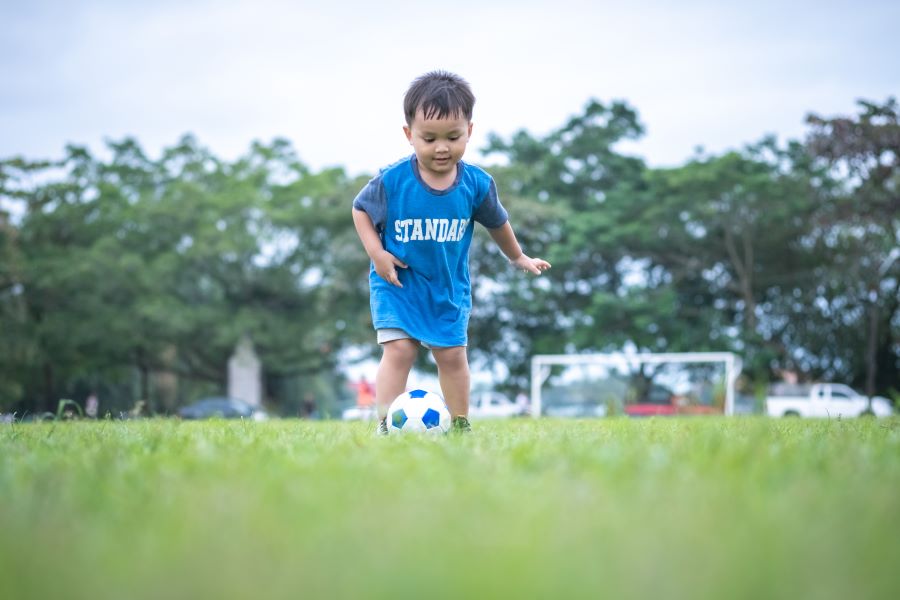6 Ways to Teach Your Child how to be a Good Sport


Engaging in sports competition can teach children about discipline, responsibility, strategy, teamwork, winning, and losing. While these can be hard lessons to learn, giving your child the tools to show good sportsmanship is vital to a healthy sports career—and it can have lifelong off-the-field benefits too, as children learn how to cooperate, encourage others, and deal in a healthy way with disappointment.
1. Talk about it off the field. Teach your child the importance of respect for coaches, teammates, and opponents. Talk to your child about how he or she should listen to a coach and follow the rules of the game. Teach your child that he or she is a representative of a team, and every action reflects back on the team and your family.
2. Encourage a full effort. Sportsmanship also means being a supportive and sharing teammate who gives his or her full effort. Teach your child to do his or her best, even if the team is losing and to never give up, even if a team is winning.
3. Don\’t forget the high fives. The greatest challenges for your budding athlete will likely come at the end of a game—win or lose. Teaching your child to shake hands or give high fives to the opposing team after a competition is vital to emphasizing good sportsmanship.
4. Watch professional sports (and look for good examples). A surprising source for encouraging sportsmanship is watching a sporting event. Ask your child to identify examples of good sportsmanship, then to identify if players show bad sportsmanship. You can discuss why this is or is not the right thing to do. You can ask your child about how he or she could or would handle the same situation as a good sport.
5. Catch your kid getting it right. The next time your child has a game, match, or practice, identify times when he or she displayed good sportsmanship. Catching your children doing the right thing can be more powerful than criticizing them for doing the wrong thing. However, you should also identify negative behaviors and ask your child how he or she could have handled a situation differently.
6. Don\’t be a bad sport yourself. Sportsmanship is a learning process. Accepting responsibility and defeat are not easy tasks—many adults have problems with doing this as well. Ultimately, as a parent, you are the standard by which your children will measure socially acceptable behavior. So if you find yourself yelling from the sidelines, ranting at the coach\’s decisions, or using words like \”cheater\” to describe children on opposing teams, consider benching yourself for a timeout.
Sources:
- KidsHealth
- Handling Sports Pressure & Competition.
KidsHealth - Sportsmanship.
KidsHealth - Sportsmanship in the Classroom.
Ohio High School Athletic Association - Promoting Sportsmanship.
University of Rochester Medical Center - Teaching Children Good Sportsmanship.
Powered by Bundoo®










































